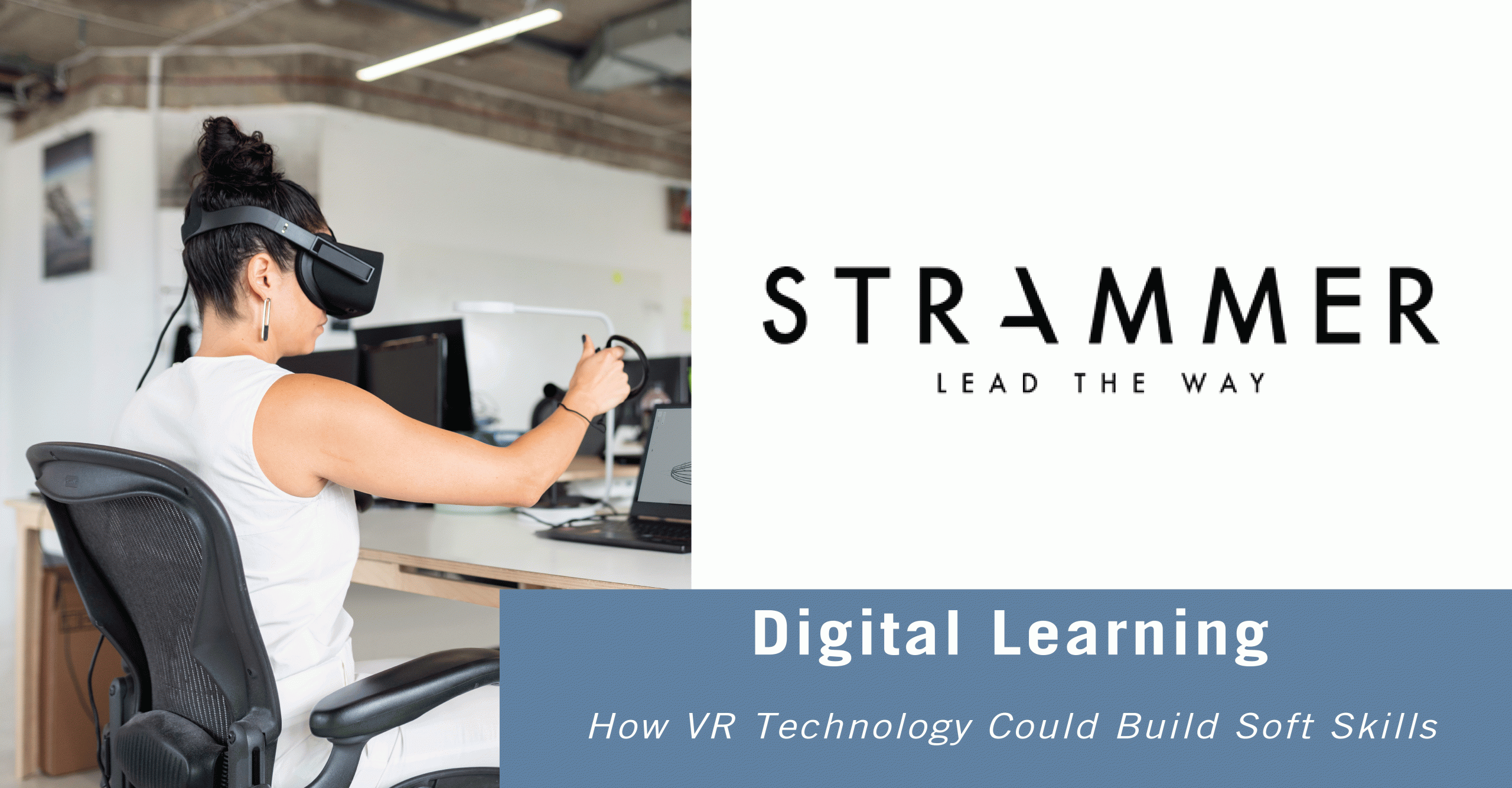VR in Soft Skills Training Sessions
When discussing the concept of upskilling workforces for the future, it is likely for digital and technical and operational skills to spring to mind – they are also known as ‘hard skills.’ Hard skills are skills that employees develop to perform specific tasks at a job and can be measured through effectiveness within the workplace. Virtual reality technology has been used in medical education such as practice for surgeries and interacting with 3D models for students to learn the composition of the human body. It is also used in Pharma, as laboratories can better express the value proposition of their drug interactions. However, research suggests businesses are experiencing difficulties finding employees with the right soft skills. Soft skills are becoming more difficult to develop, more essential and include communication, teamwork, leadership as well as many other skills. One study by LinkedIn found that not only are organisations facing difficulties acquiring employees with ´soft skills´, but that 58% of the hiring managers believed the lack of soft skills among candidates is “limiting their company´s productivity.”
From conflict management to adaptability to communication, soft skills are undoubtedly necessary for the profitability of businesses and generating productive relationships internally and externally, with customers and clients. As processes of digitalisation and automation accelerate and transform the workplace, many believe these ‘human’ skills will only grow in premium.
In recent years, Virtual Reality (VR) technology has shown potential in workplace education, and more specifically in context of soft skill development. Moreover, according to research, most organisations who have tested this technology in their organisations have experienced positive outcomes. For instance, a report by Capgemini Research Institute found that 82% of companies implementing VR or AR said the benefits were meeting or exceeding their expectations.
Indeed, VR could be a valuable tool to augment real-world training sessions, such as those to build interpersonal and conflict management skills. It is a way to boost existing approaches to soft skills training, whether it is e-learning with practice-focused VR modules or face-to-face learning with immersive role-play. The simulation technology can usefully facilitate role-plays with close-to-real-life avatars that may be otherwise difficult to create.
Furthermore, such simulations, where the learner faces challenging scenarios like customer complaints or toxic workplace tension, can be followed by deep evaluation and feedback from the trainer/coach/mentor. As a result of the increased unexpected events present in a real situation, verbalising effective behavioural strategies and executing them successfully are different. VR can be a useful tool for the training professional to observe how the learner handles the situation, identifying weaknesses and areas to focus on.
Virtual Reality can also help organisations with employee engagement, directly linked to various benefits including higher employee productivity and better retention. It is an advantage for the company as it is highly effective, can reduce costs and logistical obstacles associated with in-person training. According to Gallup, 85% of employees are unengaged at work. As an innovative technology that fully immerses the user in the experience, VR may be a useful digital tool to employ during workforce training sessions. Indeed, research shows that, by comparison to other digital learning mediums, VR users were “275% more confident to act on what they learned after training.”
In conclusion, VR is an exciting educational tool which could expand the tool kit of a coach, helping to develop and prepare for the digital workplace future.
References:
- 7 Key Elements Of VR Training To Boost Employee Engagement And Retention, April 2019, e-com.
- How VR, AR And MR Are Making A Positive Impact On Enterprise, May 2019,
- Virtual reality: The soft skills training secret weapon, January 2020, com.
- The future of professional development,
- How Companies are Using VR to Develop Employees Soft Skills, January 2021, Harvard Business Review.





